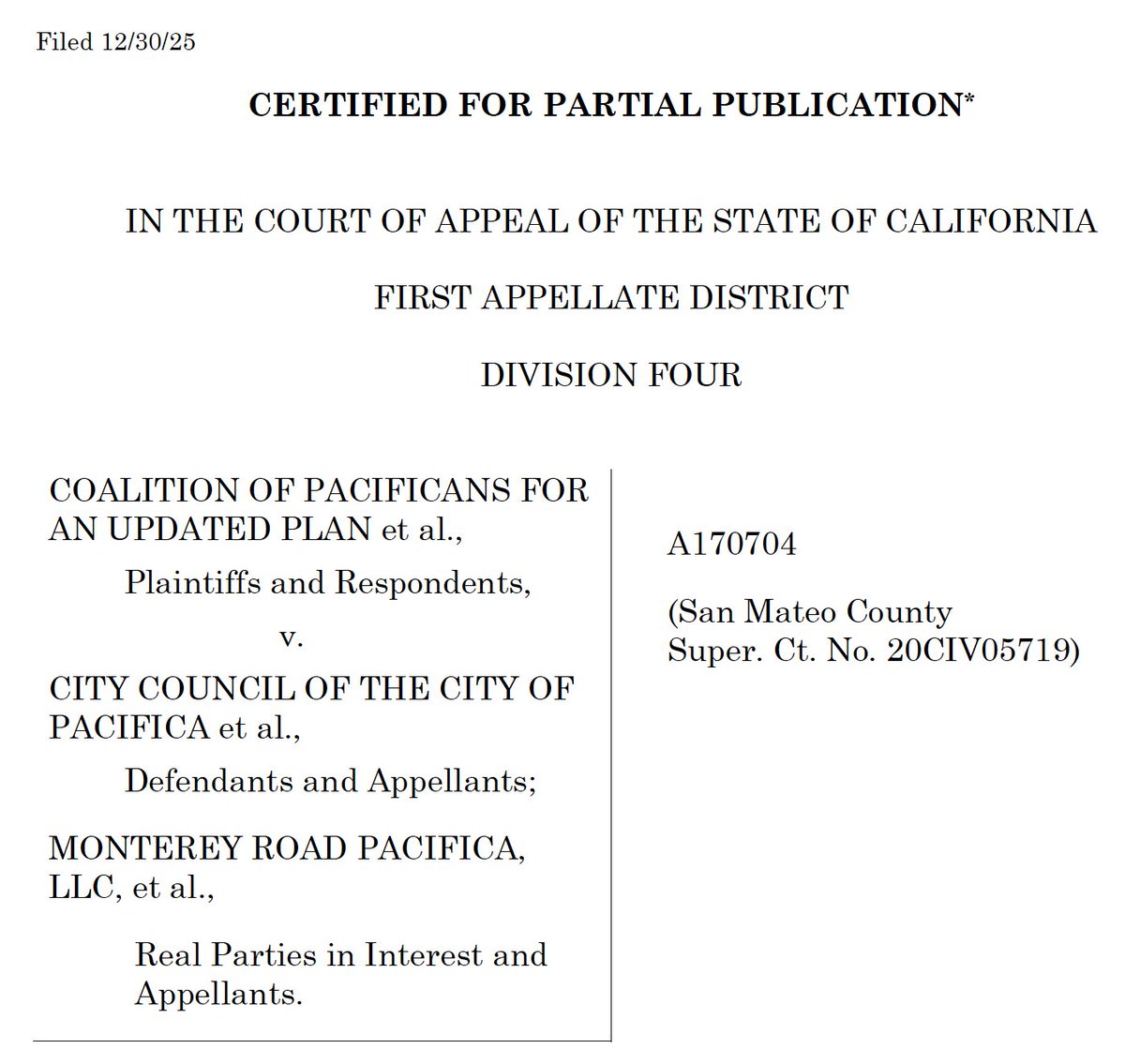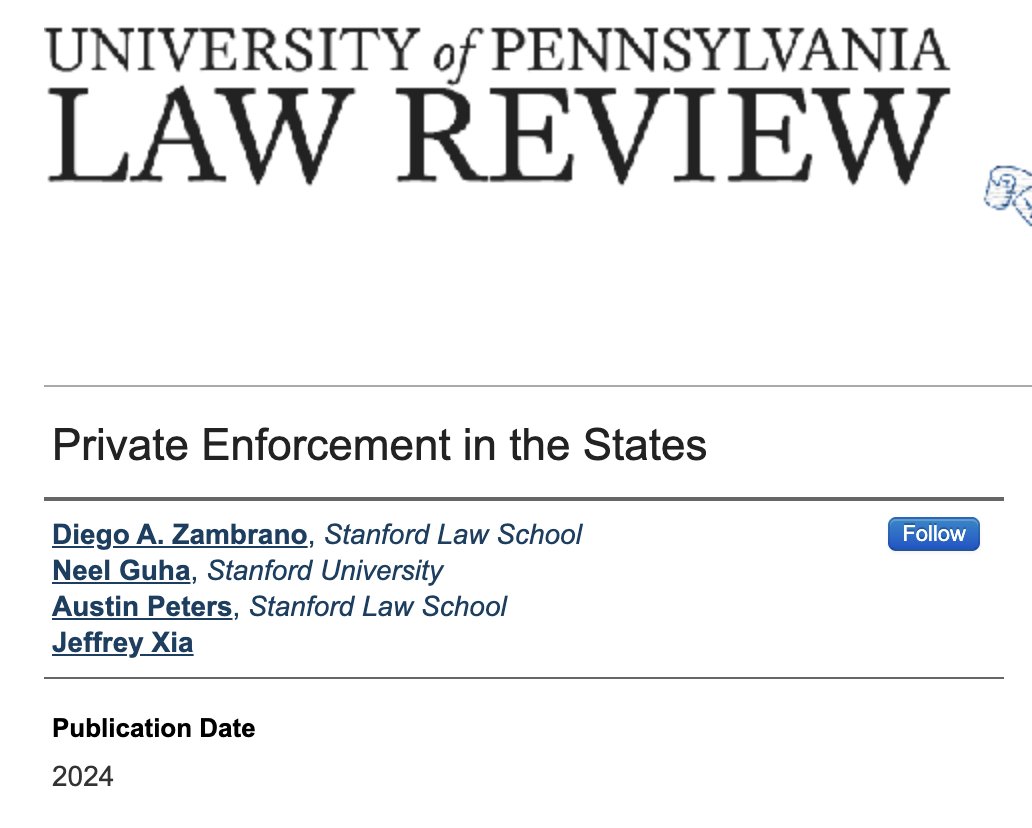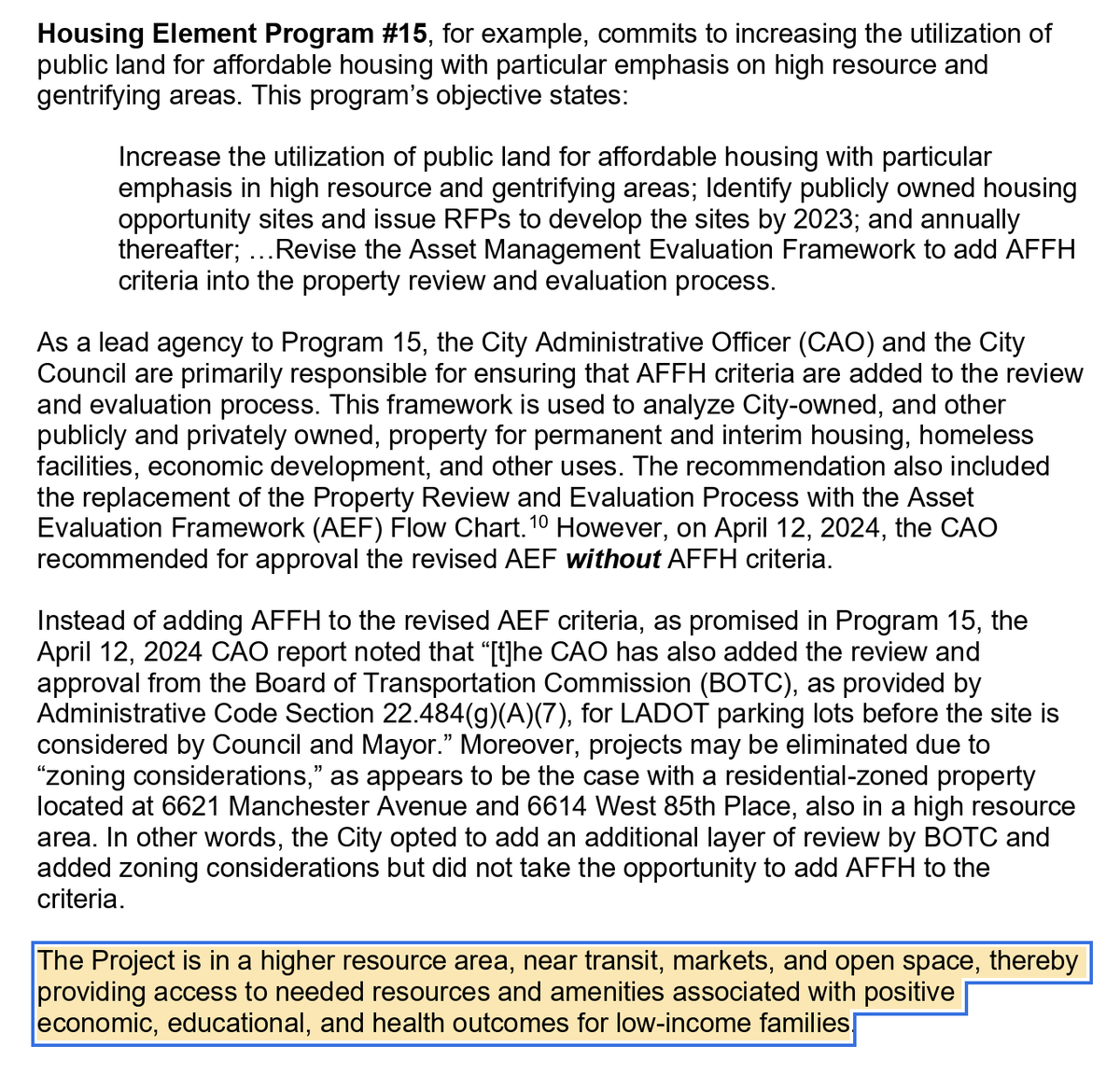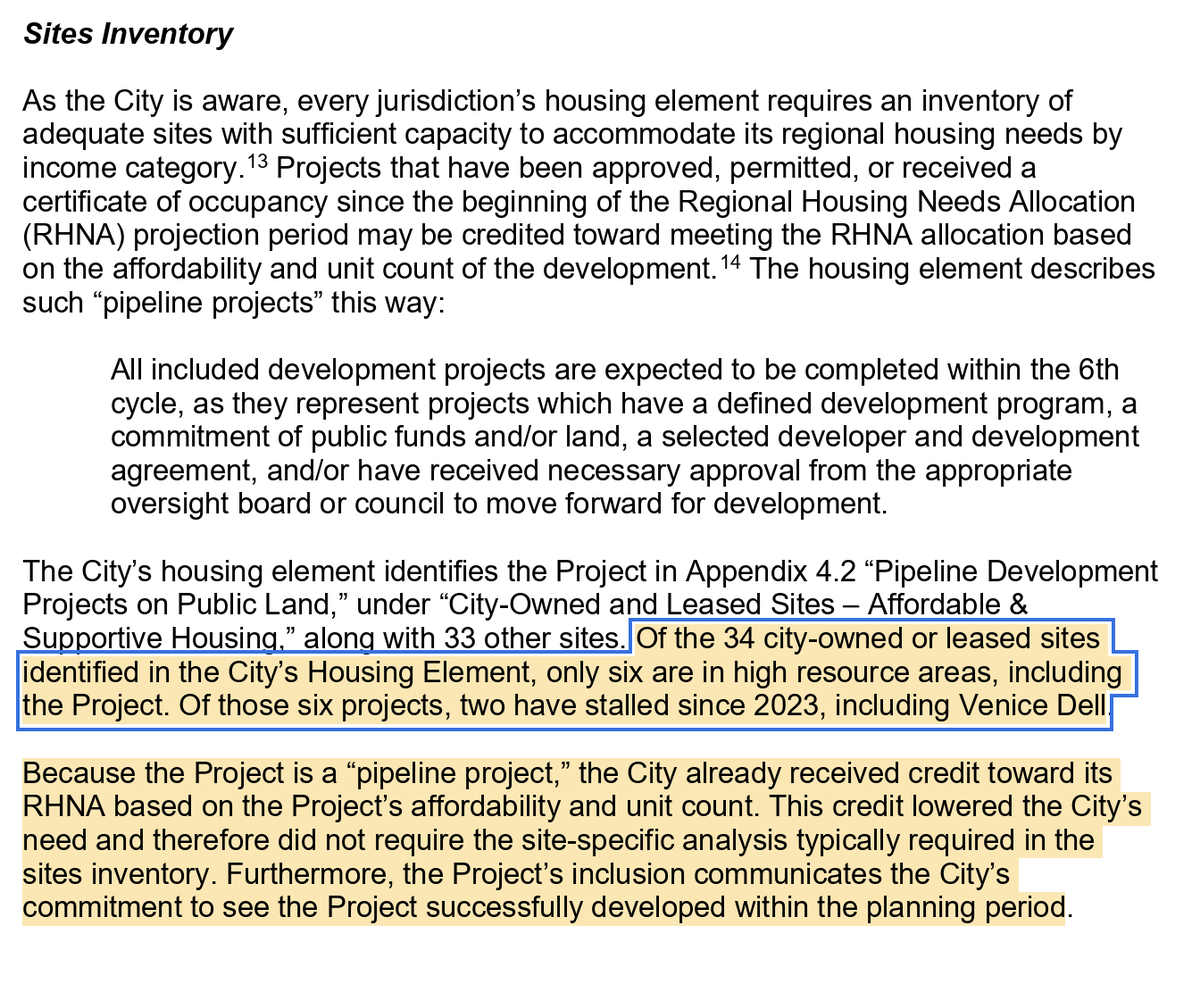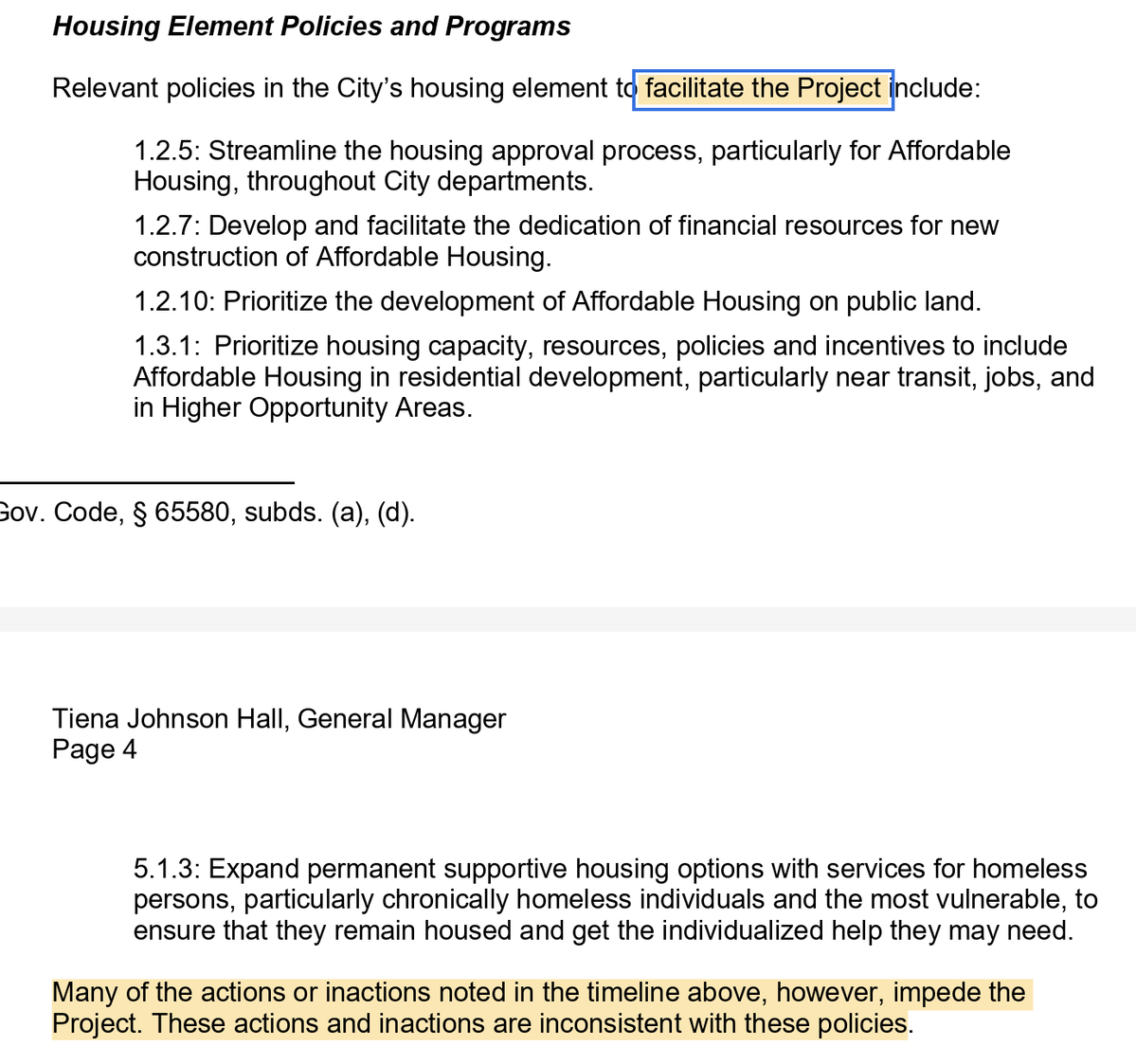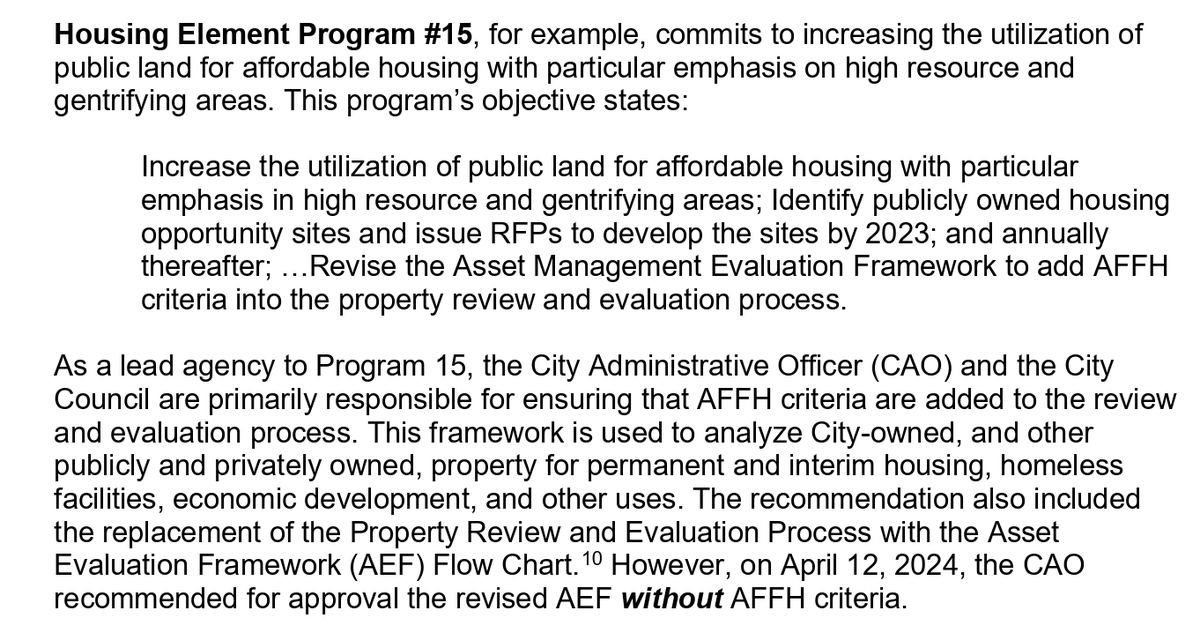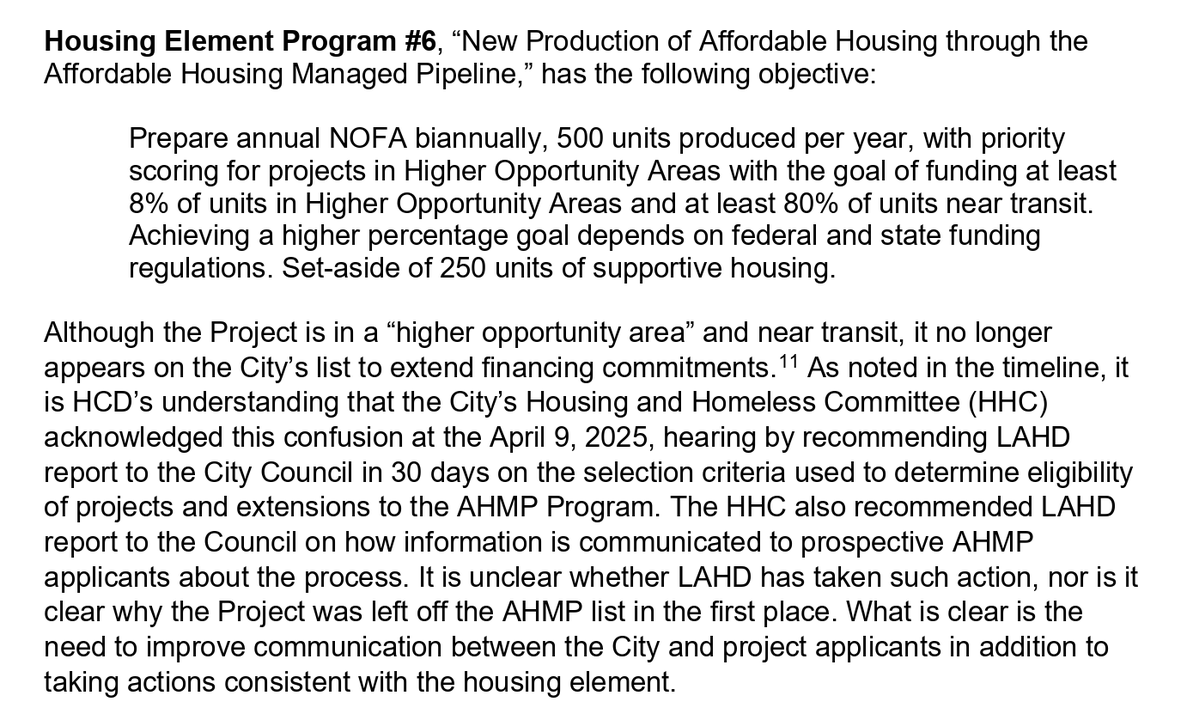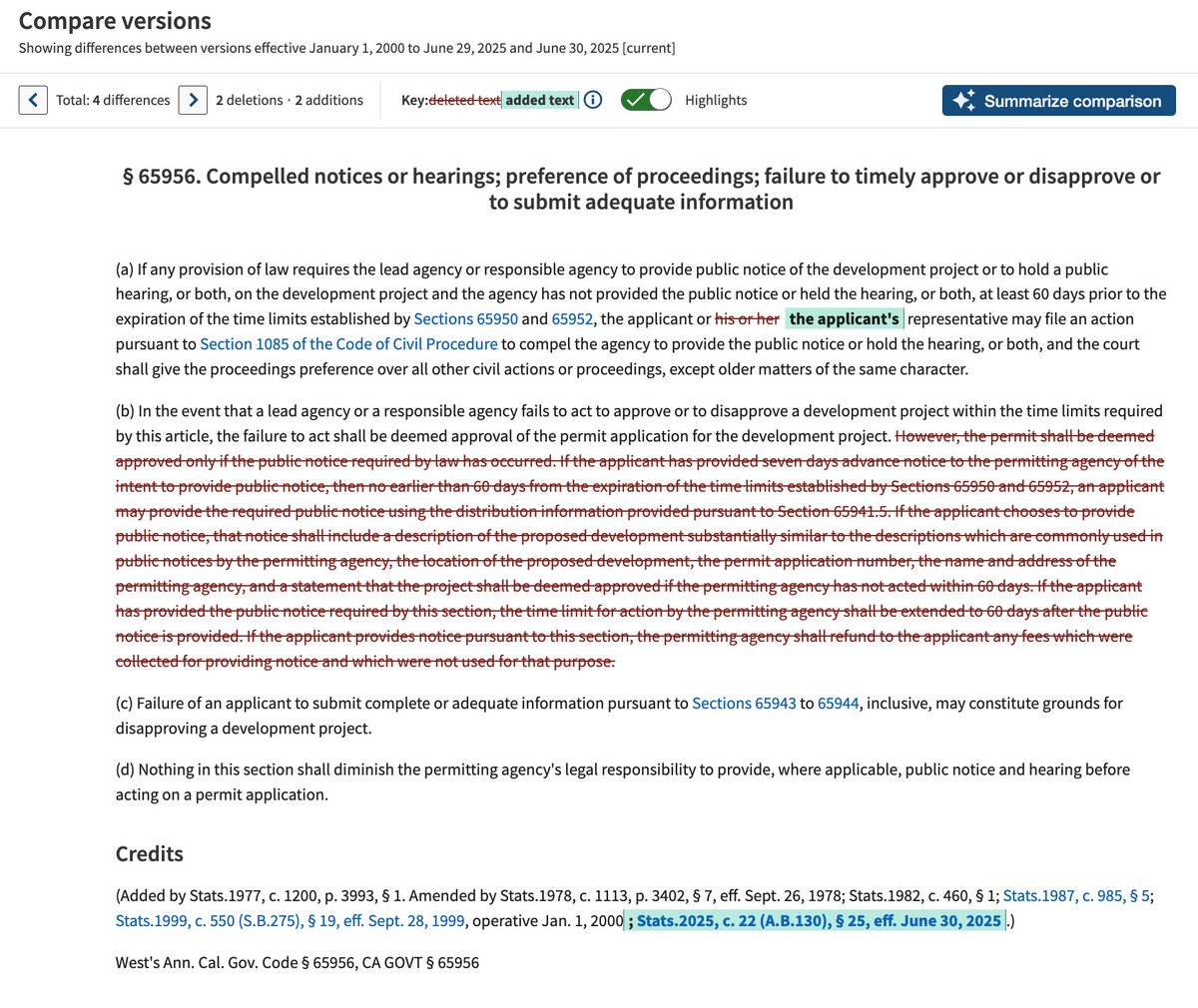Whoa, the NEPA provisions tucked into the new "Clean Electricity & Transmission Acceleration Act" are like a wish list for greenmailers.
There's lots of good in the bill (⤵️), but the NEPA stuff is stunning. Come take a look.
🧵. 1/14.
There's lots of good in the bill (⤵️), but the NEPA stuff is stunning. Come take a look.
🧵. 1/14.
https://twitter.com/SeanCasten/status/1736038953373839438
1. The bill defines "enviro impact" to include not only enviro impacts, but also "aesthetic, historic, cultural, economic, social, or health" effects.
(Whereas CEQA is still about "physical environment"--even in the infamous Berkeley case.
)
/2

(Whereas CEQA is still about "physical environment"--even in the infamous Berkeley case.
)
/2
https://twitter.com/CSElmendorf/status/1629525148947857409

2. The bill creates utterly open-ended authority for fed. agencies to demand a "community benefit agreement" as price of any permit for which an EIS was prepared.
This converts NEPA from procedural statute into grant of substantive reg / exaction authority.
/3
This converts NEPA from procedural statute into grant of substantive reg / exaction authority.
/3

In exercising the "community benefit agreement" authority, what is a federal agency supposed to consider?
Consideration #1 is the deepness of the permit-applicant's pocket. Seriously.
/4
Consideration #1 is the deepness of the permit-applicant's pocket. Seriously.
/4

And in case the new, expansive definition of "enviro impact" wasn't clear enough, the bill adds that CBAs may be imposed to offset any *social or economic* (as well as enviro) impacts of the project.
/5
/5

In fact, the bill says an agency can impose a CBA not just to mitigate adverse effects of the project, but "to address legacy or historical harm" with, e.g., local-hire requirements.
/6
/6

3. The bill would also destroy the caselaw that limits scope of enviro review to scope of agency's regulatory discretion, not only via the CBA provision but also by expressly requiring analysis of effects "not within control of any federal agency."
/7 supreme.justia.com/cases/federal/…

/7 supreme.justia.com/cases/federal/…

4. And the bill would send a torrent of federal dollars into the coffers of groups who'd exploit NEPA for labor or other side hustles.
- there's $3 billion of "community engagement" grants to arm nonprofits & others
/8
- there's $3 billion of "community engagement" grants to arm nonprofits & others
/8

- and there's a new statutory mandate that FERC reimburse NGO intervenors in regulatory proceedings (if intervenor affects the outcome)
/9
/9

5. And in case NEPA turned up to 11 isn't enough, there's also a new, judicially enforceable mandate for "community impact reports" if a project may affect an "environmental justice community."
/10




/10




6. There's also a wild provision that seems to prevent federal agencies from considering any project alternatives in an EIS unless (a) the alternative would have no adverse impact on any "overburdened community," or (b) it serves a compelling interest *in that community.*
/11
/11

"Overburdened communities" are defined, in turn, not as communities burdened by the project, or by legacy pollution, but by race, poverty, or language-minority status.
(CJ Roberts & Co. may find the race piece unconstitutional, but the rest would stand.)
/12
(CJ Roberts & Co. may find the race piece unconstitutional, but the rest would stand.)
/12

The biggest shocker for me is that this bill has the backing of the old "New Democrats," not just the left wing of the Dem coalition.
I don't pretend to understand the coalitional politics, but, wow.
/13
seec.house.gov/media/press-re…
I don't pretend to understand the coalitional politics, but, wow.
/13
seec.house.gov/media/press-re…
I should add that I know NEPA less well than CEQA. Maybe I'm misreading or misunderstanding something in the bill.
Let's hope better minds will find my errors.
@nicholas_bagley @dfarber @jadler1969 @AA_Mance @CarolineCecot @EnergyLawProf @AlecStapp @TDuncheon
/end
Let's hope better minds will find my errors.
@nicholas_bagley @dfarber @jadler1969 @AA_Mance @CarolineCecot @EnergyLawProf @AlecStapp @TDuncheon
/end
One more observation: the bill subtly nudges NEPA toward super-statute status by directing conflicts b/t NEPA "and any other provision of law" to be resolved in favor of NEPA. 

@drvolts, @robinsonmeyer: I'd love to hear your thoughts on the CETAA draft that dropped last month. (Apologies if I missed your coverage.)
• • •
Missing some Tweet in this thread? You can try to
force a refresh


